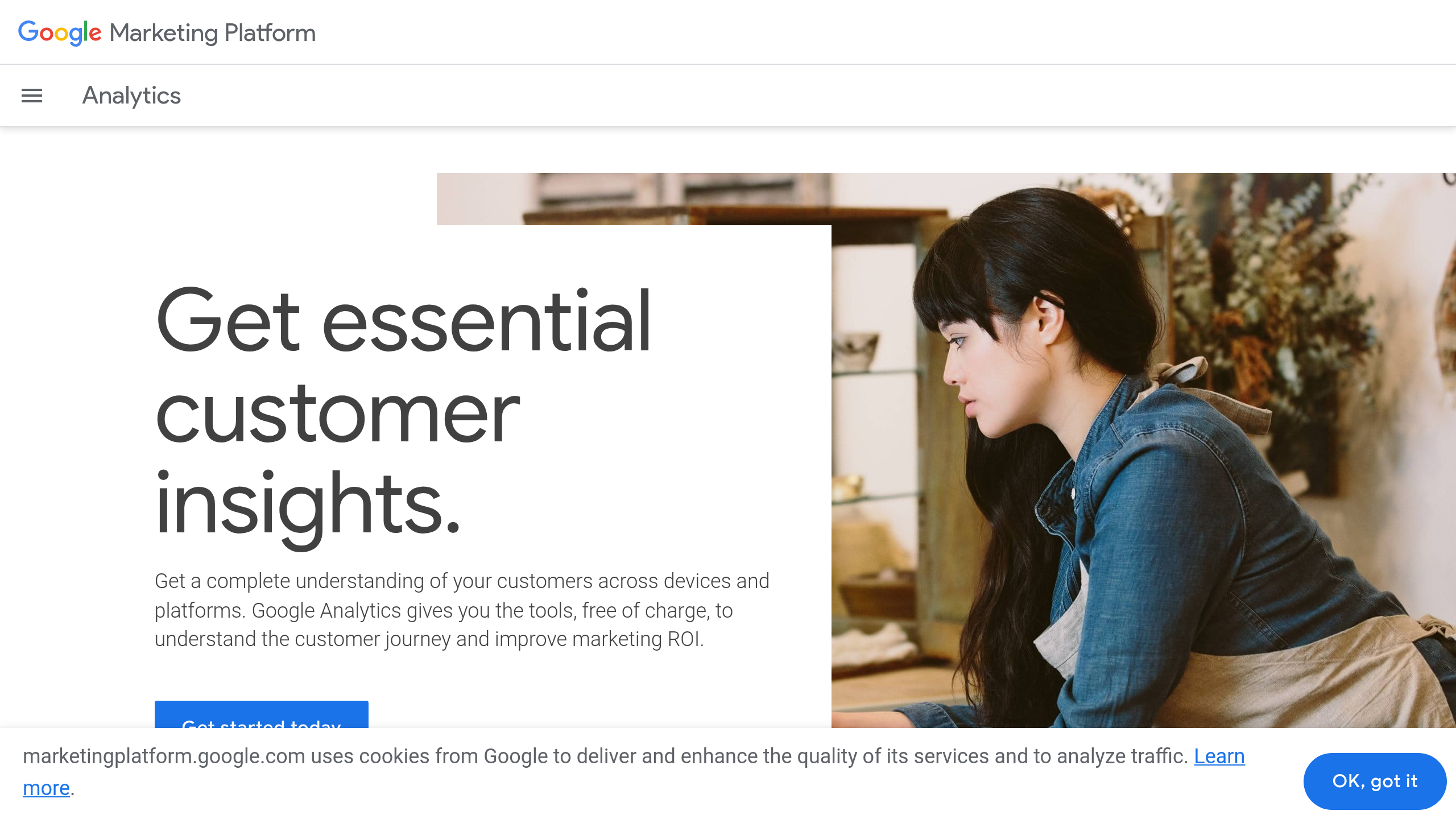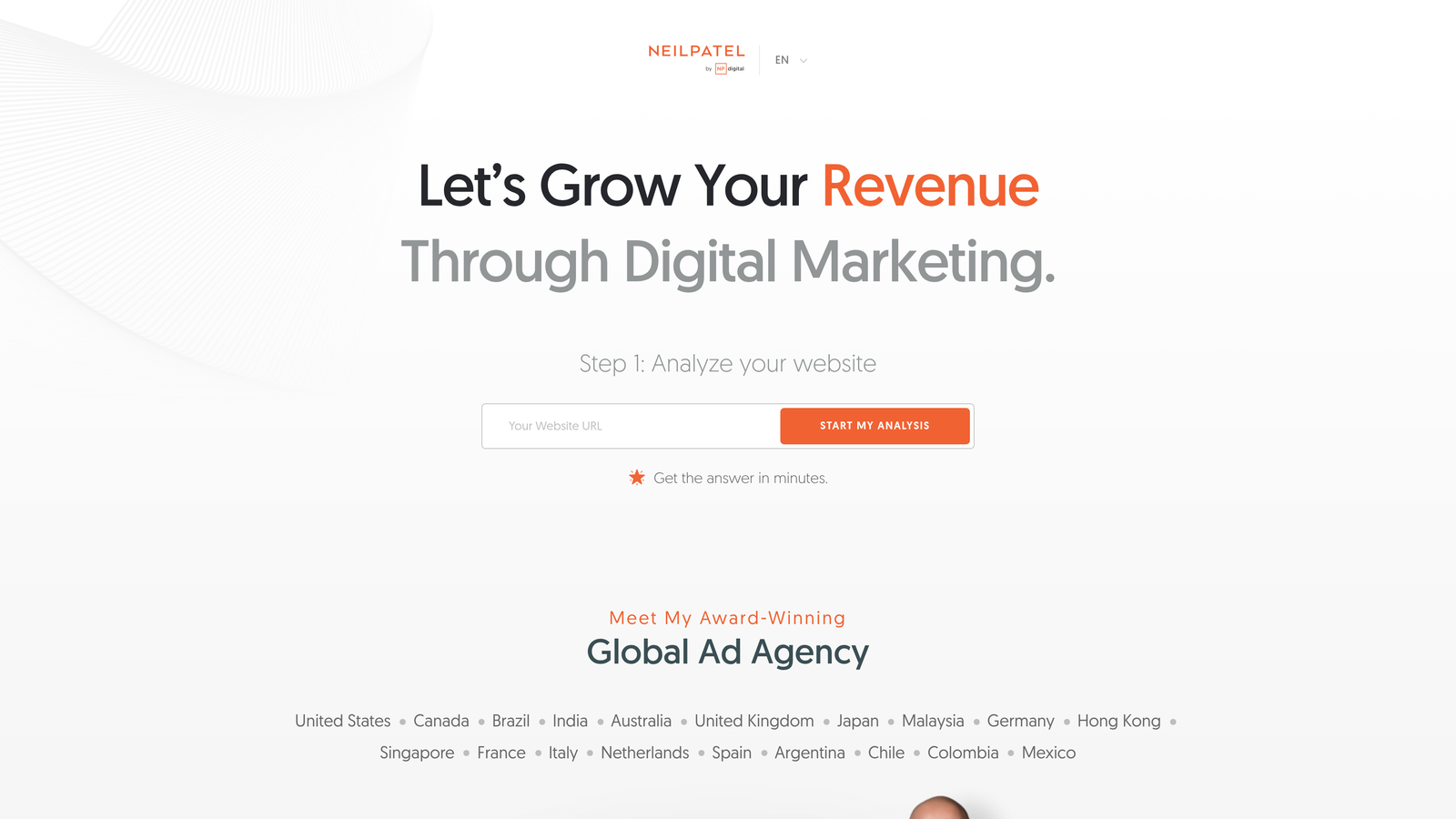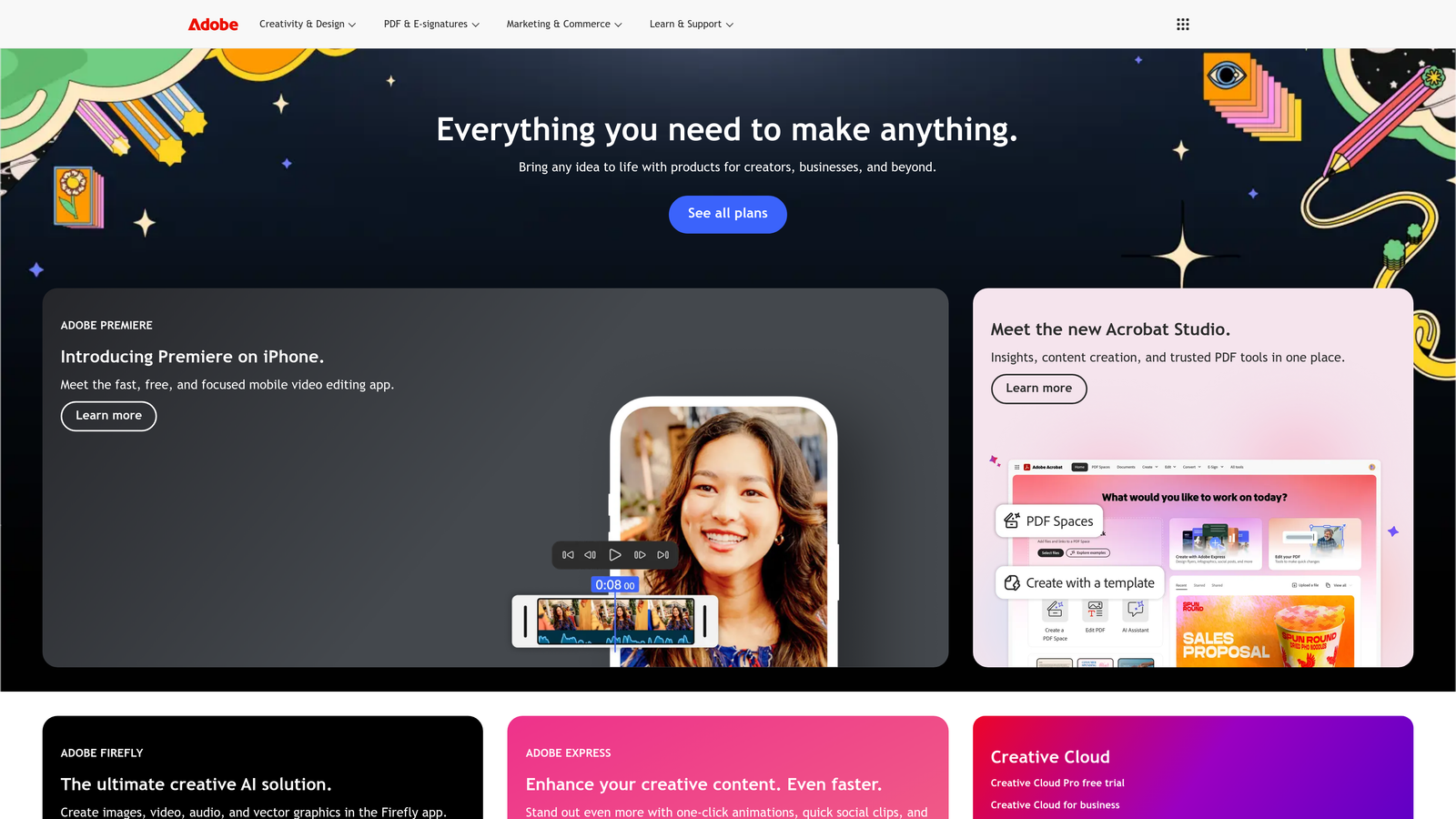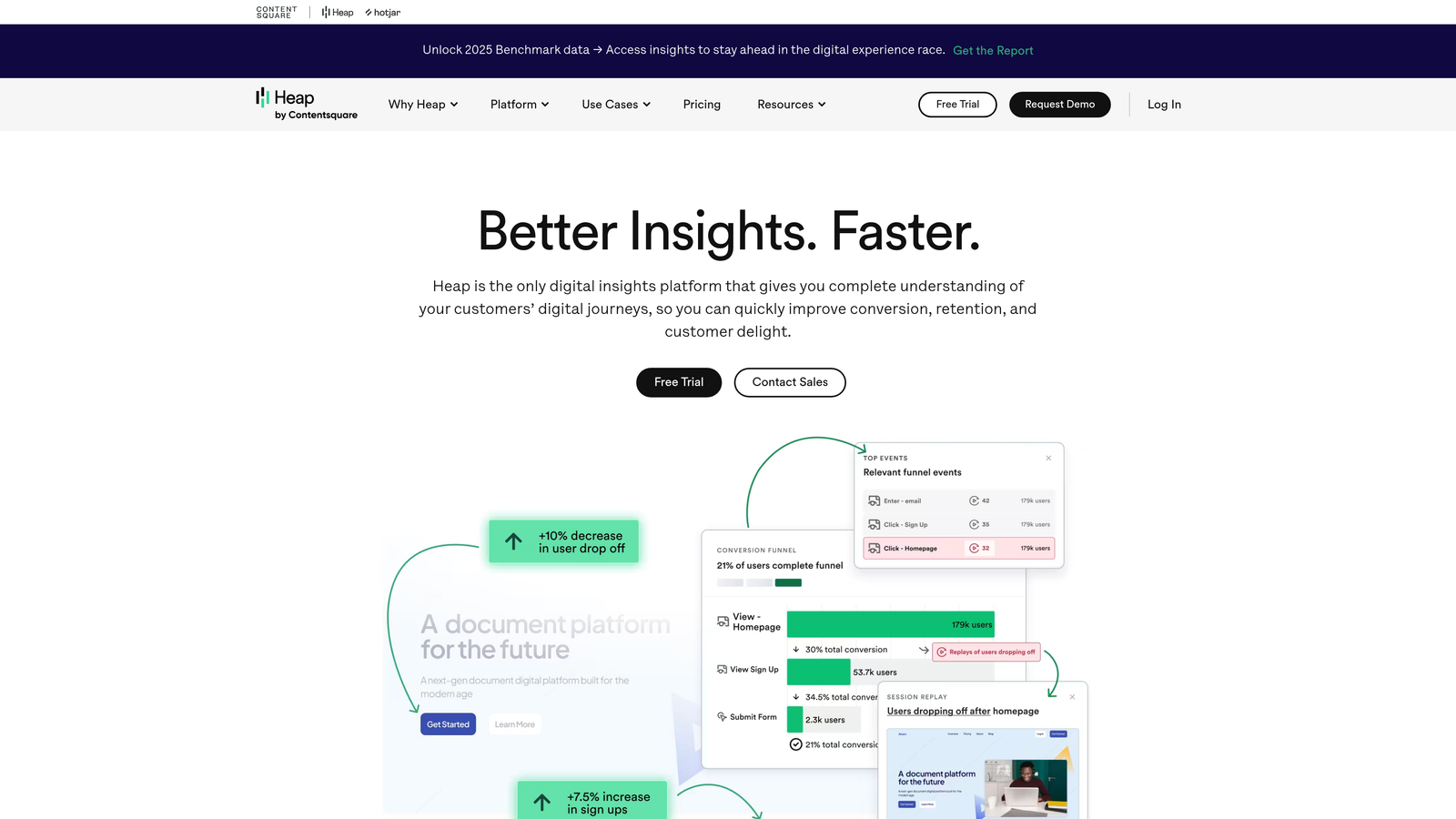Marketing attribution can often feel like navigating a complex maze. Many marketers find themselves grappling with challenges like tracking multi-channel performance, understanding customer journeys, and ultimately, optimizing their marketing budgets based on accurate data. These challenges highlight the critical need for effective tools that can provide clarity and insights into marketing performance.
By exploring alternatives to popular tools like SegMetrics, businesses can discover solutions that might better align with their specific needs and enhance their marketing attribution strategies.
Let's dive into the top SegMetrics alternatives that can help you achieve your marketing goals.
Best for: Real-time marketing analytics and marketing attribution.
Cometly is an advanced marketing attribution platform that provides real-time insights and AI-driven recommendations for marketers.

Cometly stands out with its multi-touch attribution capabilities, ensuring that all customer interactions across various channels are tracked effectively. This tool allows marketers to adjust their strategies in real-time based on performance data, helping to optimize their ad spend and improve overall campaign effectiveness.
1. Real-Time Insights: Cometly provides up-to-the-minute analytics, allowing marketers to see how their campaigns are performing in real time.
2. Multi-Touch Attribution: This feature enables users to understand the impact of each touchpoint in the customer journey, promoting more informed decision-making.
3. AI-Driven Recommendations: The tool utilizes AI to suggest optimizations for campaigns, helping marketers maximize their ROI.
4. Integration Capabilities: Cometly integrates seamlessly with various marketing platforms, making it easy to centralize data.
5. User-Friendly Dashboard: Its intuitive interface allows users to navigate reports and metrics easily, even if they’re not data experts.
6. Cost-Effective Solutions: Cometly’s pricing is competitive, making it an attractive option for businesses of all sizes.
For marketers looking for accuracy in data and actionable insights, Cometly is a top choice.
Best for: Comprehensive insights for digital strategies.
Google Analytics 4 is the latest iteration of Google's powerful analytics platform that provides extensive insights beyond traditional tracking.

GA4 offers a user-centric data approach that enables businesses to understand behavior deeply, analyze user flows, and optimize the customer journey effectively.
1. Event-Driven Data Model: Unlike its predecessor, GA4 focuses on events rather than sessions, providing a more nuanced view of user interactions.
2. Enhanced Cross-Platform Tracking: Businesses can track users across websites and apps, creating a unified view of customer engagement.
3. Predictive Analytics: GA4 leverages machine learning to identify trends and predict future user behavior. Learn more about top GA4 alternatives.
4. Flexible Reporting: Users can create custom reports to focus on the metrics that matter most to their business objectives. Learn more about top Google Analytics alternatives.
5. Privacy-Centric Approach: GA4 is designed with data privacy in mind, helping businesses comply with regulations like GDPR.
6. Integration with Google Ads: This integration allows for better campaign insights and optimizations based on user behavior.
For businesses focused on web performance and detailed traffic analysis, GA4 is an indispensable tool.
Best for: An all-in-one marketing powerhouse.
HubSpot is an integrated platform that combines marketing, sales, and service tools seamlessly.

HubSpot's robust CRM capabilities enhance user engagement and retention strategies, making it a favorite among small to mid-sized businesses.
1. Comprehensive CRM: HubSpot’s CRM facilitates better management of customer relationships, enhancing engagement strategies.
2. Email Marketing Integration: Users can create targeted email campaigns based on insights from the CRM, driving higher engagement rates.
3. Lead Nurturing Tools: HubSpot offers tools for nurturing leads, helping to convert prospects into customers.
4. Analytics and Reporting: Detailed analytics help businesses measure the effectiveness of their marketing efforts. Learn more about top HubSpot Marketing Attribution alternatives.
5. Content Management System (CMS): HubSpot’s CMS allows businesses to create, manage, and optimize their content easily.
6. Social Media Management: The platform also includes tools for managing social media marketing efforts effectively.
For SMBs seeking a comprehensive marketing solution, HubSpot provides everything under one roof.
Best for: Unlocking product analytics and user engagement.
Mixpanel excels in tracking user interactions and product analytics, making it ideal for product managers.

Mixpanel's focus on user engagement helps businesses understand and enhance user retention through detailed analytics.
1. Funnel Analysis: Mixpanel provides funnel analysis tools to help businesses understand where users drop off in the conversion process.
2. Cohort Analysis: This feature allows users to analyze the behavior of specific user groups over time, helping identify retention strategies.
3. A/B Testing: Mixpanel supports A/B testing, enabling teams to test variations and optimize user experiences.
4. Real-Time Data: Users can access real-time data to make immediate adjustments to their marketing strategies.Learn more about top Mixpanel alternatives.
5. Integrations: Mixpanel integrates with various platforms, allowing for a more cohesive marketing strategy.
6. User Segmentation: Advanced segmentation capabilities help tailor marketing efforts to specific user demographics.
For product managers needing deep insights into user behavior, Mixpanel is a top-tier choice.
Best for: Tracking customer journeys with precision.
Kissmetrics focuses on understanding and optimizing the customer journey, making it a vital tool for e-commerce businesses.

Kissmetrics offers cohort analysis capabilities that help businesses retain customers effectively.
1. Customer Journey Mapping: Kissmetrics enables businesses to visualize customer journeys, identifying key touchpoints.
2. Cohort Analysis: This feature provides insights into customer behavior over time, helping optimize retention strategies.
3. Event Tracking: Kissmetrics offers event tracking to monitor user interactions and behaviors. Learn more about top Kissmetrics alternatives.
4. Integration with E-commerce Platforms: The tool integrates seamlessly with popular e-commerce platforms, allowing for better tracking of sales and conversions.
5. User-Friendly Interface: Its intuitive interface makes it easy for marketers to navigate and utilize the data effectively.
6. Email Campaign Tracking: Kissmetrics allows users to track the effectiveness of email campaigns in driving conversions.
For businesses prioritizing customer retention and behavior analysis, Kissmetrics is a strong contender.
Best for: Enterprise-level insights for complex needs.
Adobe Analytics caters to large enterprises with advanced analytics requirements, providing comprehensive insights.

Adobe Analytics offers features like predictive analytics that enable proactive marketing strategies.
1. Predictive Analytics: Leveraging machine learning, Adobe Analytics provides predictive insights that help businesses anticipate customer needs.
2. Segmentation Tools: The platform offers advanced segmentation capabilities for targeted marketing efforts. Learn more about top Adobe Analytics alternatives.
3. Data Visualization: Adobe's powerful data visualization tools help present complex data in easily digestible formats.
4. Custom Reporting: Users can create highly customized reports tailored to their specific business needs.
5. Cross-Channel Analytics: Adobe Analytics excels in integrating data from multiple channels, providing a holistic view of marketing performance.
6. Robust Support: Adobe offers extensive support and resources for enterprise-level clients, ensuring they get the most from the platform.
For enterprises needing comprehensive analytics, Adobe Analytics is the go-to choice.
Best for: Simplifying automatic event tracking.
Heap automates event tracking, making it user-friendly for non-technical teams.

Heap’s retroactive data analysis feature is a game changer for startups and smaller businesses.
1. Automatic Data Capture: Heap automatically captures every interaction, reducing the need for manual tracking setups.
2. Retroactive Analysis: Users can analyze data from past events without needing to set up tracking beforehand, offering flexibility.
3. User-Friendly Interface: Its intuitive design allows non-technical users to easily navigate and utilize the platform.
4. Integrations: Heap integrates well with various marketing tools, enhancing its utility.
5. Segmentation: Users can segment data to derive insights based on specific user behaviors.
6. Real-Time Insights: Heap provides real-time analytics, allowing businesses to react quickly to user behaviors.
For startups and small businesses looking for an easy-to-use analytics tool, Heap is a fantastic option.
Marketing attribution software plays a crucial role in guiding companies toward making informed decisions regarding their growth strategies. By accurately tracking the effectiveness of various marketing channels and campaigns, these tools provide insights that can directly influence a company's direction and resource allocation.
One of the primary benefits of marketing attribution software is its ability to identify which channels are driving the most conversions. This data enables businesses to allocate their budgets more effectively, focusing on high-performing channels while optimizing or re-evaluating underperforming ones. For instance, companies may find that social media advertising yields better results than traditional media, prompting a strategic shift toward digital marketing efforts.
Additionally, attribution tools help in understanding customer journeys. By mapping out the various touchpoints that lead to conversions, businesses can identify key moments where they can enhance customer engagement. This understanding allows companies to tailor their marketing strategies to better meet customer needs and preferences, ultimately driving growth and increasing customer loyalty.
Moreover, with features such as predictive analytics, many marketing attribution platforms can forecast future trends based on historical data. This capability allows businesses to anticipate market shifts and adjust their strategies proactively, ensuring they stay ahead of competitors. For example, a company could leverage insights from their attribution data to launch targeted campaigns during peak buying seasons, maximizing their impact and ROI.
In summary, utilizing marketing attribution software equips companies with the necessary insights to refine their growth strategies. By understanding which marketing efforts yield the best results and optimizing accordingly, businesses can make data-driven decisions that foster sustainable growth.
Choosing the right marketing attribution tool can significantly impact your business's ability to measure success and optimize strategies. Each of the tools mentioned offers unique features tailored to different marketing needs. Whether you're looking for real-time insights with Cometly, comprehensive analytics with GA4, or user-friendly solutions with Heap, there’s an option out there that can elevate your marketing efforts.
As you consider your options, prioritize your specific business needs, including budget, required features, and ease of use. Testing a few tools can provide valuable insights into what works best for you.
Ready to transform your marketing attribution strategy? Get your free demo today and see how Cometly can help you optimize your marketing efforts.
Learn how Cometly can help you pinpoint channels driving revenue.
.svg)
Network with the top performance marketers in the industry